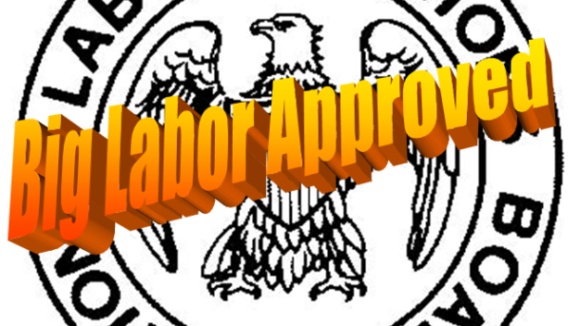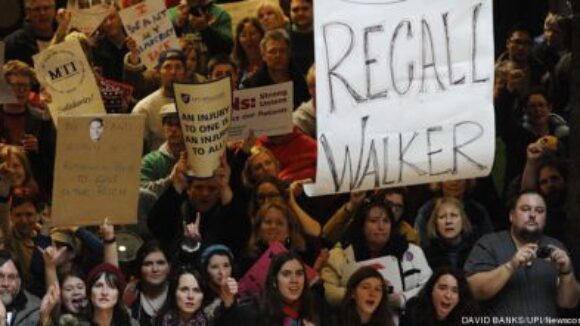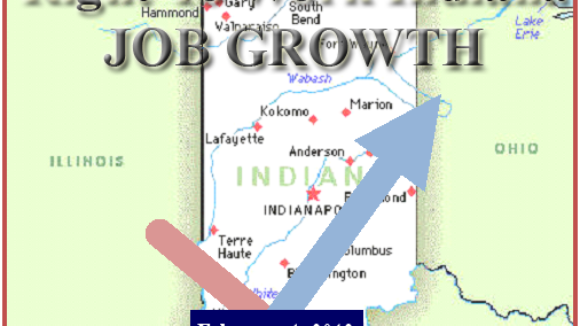Big Labor Joe Manchin Dances to Forced-Unionism's Tune
Sen. Joe Manchin is often seen as one of the more conservative Democrats in the Senate but when it comes to the rights of workers, Manchin still dances to the tune of the union bosses. The Huntington News in West Virginia takes him to task for his ongoing relationship: Sad news [last] week for Big Labor and its D.C. allies like President Obama and U.S. Senator Joe Manchin. When no one is looking, Senator Manchin reverts to form and backs the President and his NLRB in a transparent Big Labor power grab. Monday, Federal Judge James Boasberg of the U.S. District Court for the District of Columbia struck down a new rule "passed" by two members of the National Labor Relations Board. Interestingly, Judge Boasberg is an Obama appointee. Ironically, this rule designed to circumvent proper procedure was cancelled because the court found that the NLRB itself did not use proper procedure in promulgating the new rule. Simply put, the court found that no quorum was present as those backing the new regulation tried to ram through their favor for Big Labor.





